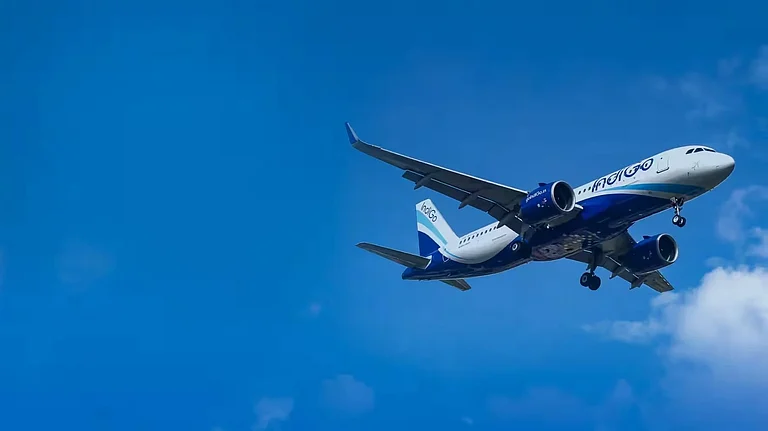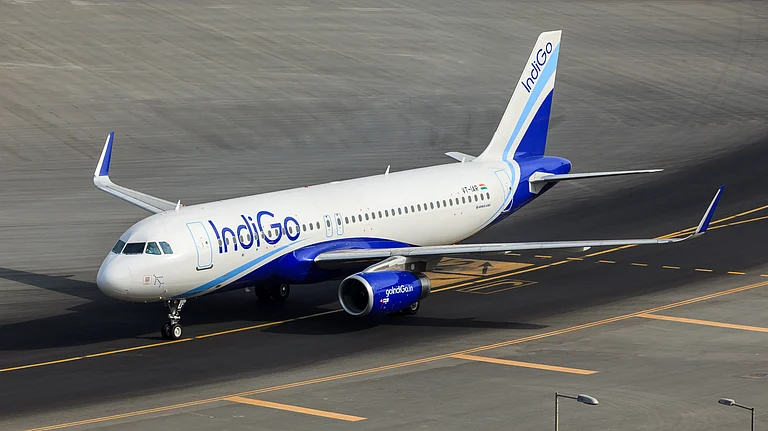Aircraft giant Boeing has made yet another effort to stop its workers’ strike after numerous failures. Presently, a federal mediator is trying to address the bone of contention between Boeing and its nearly 33,000 protesting workers’. Amidst the ongoing protests, the Indian directorate general of civil aviation (DGCA) on Monday issued an advisory to Indian airlines operating Boeing 737 planes regarding the potential risk of a jammed rudder control system.
The company has worked out two contracts, both have been rejected by the workers' union. The three-week-long strike has hindered the planemaker’s operations and has surged manufacturing costs. Consequently, last week the aircraft giant terminated the company-backed healthcare benefits to workers. Additionally, since September 19, the company has stopped paying union workers.
Despite mounting troubles, the workers are undeterred by the consequences. “I’d say morale is still high, it’s great to see every day standing together and unified,” said Nico Savranakis. Savranakis works as a team lead mechanic at Boeing.
The workers originally demanded a 40 per cent wage hike, the restoration of a defined-benefit pension plant axed in 2014, and a guarantee that future production would remain in the Seattle region. The company has failed to address these demands and as a result, the workers' protest is still going on.
India’s aviation regulator flags Security concerns regarding Boeing 737
Amidst ongoing worker protests, Boeing has come under strict scrutiny by the US national transportation safety board (NTSB). NTSB has flagged safety concerns involving Boeing 737 aircraft lanes equipped with Collins Aerospace SVO-730 rudder rollout guidance actuators.
Taking notice of it, the Indian directorate general of civil aviation (DGCA) has raised concerns regarding the potential risk of a jammed rudder control system to the Indian airlines operating Boeing 737 planes. Additionally, the DGCA has issued safety recommendations to the Indian carriers. Currently, Air India Express, Akasa Air and SpiceJet operate Boeing 737 planes.
“Appropriate mitigations must be communicated to help crews identify and handle such a situation," the regulator said in a press release.
Further, all operators have been asked to conduct a safety risk assessment for aircraft to evaluate and mitigate the risk associated with the rudder control system.
The regulator also said that all Category III B approach, landing, and rollout operations, including practice or actual auto land, must be discontinued for these planes until further notice. Category III B pertains to operations in low-visibility conditions.
With inputs from PTI.
































